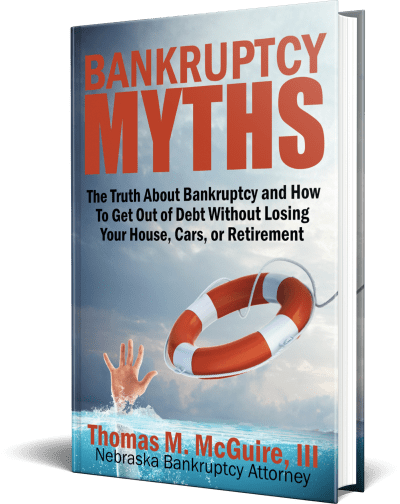When your car gets repossessed in Nebraska, it can feel like a devastating blow. Vehicle repossession is not only an inconvenience, but also a significant emotional and financial stressor. However, it’s crucial to understand that you have options and steps you can take to mitigate the situation.
Here, we’ll guide you through what to do if your car gets repossessed in Nebraska, including considering bankruptcy as a viable option.
Get A Free Bankruptcy Evaluation Today
Call (402) 965-0775 or (308) 221-8222 or click here to submit a consultation request form now.
Get Help Now
Understanding Repossession in Nebraska
In Nebraska, repossession typically occurs when you default on your car loan payments. Under Nebraska law, creditors have the right to repossess your vehicle without prior notice, if they do not “breach the peace” during the process. This means the repossession must occur without threats, physical force, or any illegal means.
Immediate Steps After Repossession
1. Contact Your Lender: The first step after your car has been repossessed is to contact your lender. Understand the reason for the repossession and inquire about the possibility of reinstating your loan. Some lenders may allow you to pay the overdue amount plus any repossession fees to get your car back.
2. Review Your Loan Agreement: It’s crucial to review your loan agreement to understand your rights and obligations. The agreement should outline the conditions under which your vehicle can be repossessed and what your options are afterward.
3. Determine if You Can Redeem the Vehicle: Nebraska law may give you the right to redeem your vehicle. This means you can reclaim your car by paying the full amount owed, plus any additional costs incurred by the repossession, within a specific timeframe. Contact your lender to find out if this option is available to you and the associated costs.
Long-Term Solutions
1. Negotiate a Payment Plan: If reinstating your loan or redeeming your vehicle outright isn’t feasible, consider negotiating a new payment plan with your lender. Some lenders might be willing to modify your loan terms to make it easier for you to keep your vehicle.
2. Refinance Your Loan: Another option might be to refinance your car loan. This can be particularly helpful if you can secure a loan with a lower interest rate or more favorable terms. However, this option depends on your credit score and financial situation.
Get A Free Bankruptcy Evaluation Today
Call (402) 965-0775 or (308) 221-8222 or click here to submit a consultation request form now.
Get Help Now
How Bankruptcy Can Help Recover Your Vehicle
Bankruptcy can provide a way out for those drowning in debt, including secured debts like car loans. In Nebraska, filing for bankruptcy might help you recover your vehicle if it has been repossessed. There are two primary types of bankruptcy that individuals can file: Chapter 7 and Chapter 13.
Chapter 7 Bankruptcy: This is known as liquidation bankruptcy. While it can eliminate most of your unsecured debts, recovering a repossessed vehicle through Chapter 7 is challenging. Unless you can pay the lender the full value of the car immediately, this option might not help with repossession.
Chapter 13 Bankruptcy: This is often the more suitable option for dealing with a repossession. Chapter 13 bankruptcy allows you to reorganize your debts and pay them off over three to five years. If your car has been repossessed but not yet sold by the lender, filing for Chapter 13 may enable you to include the car loan in your repayment plan and potentially get your vehicle back. You’ll likely be able to pay back the car’s value at a reduced interest rate, making it more affordable.



